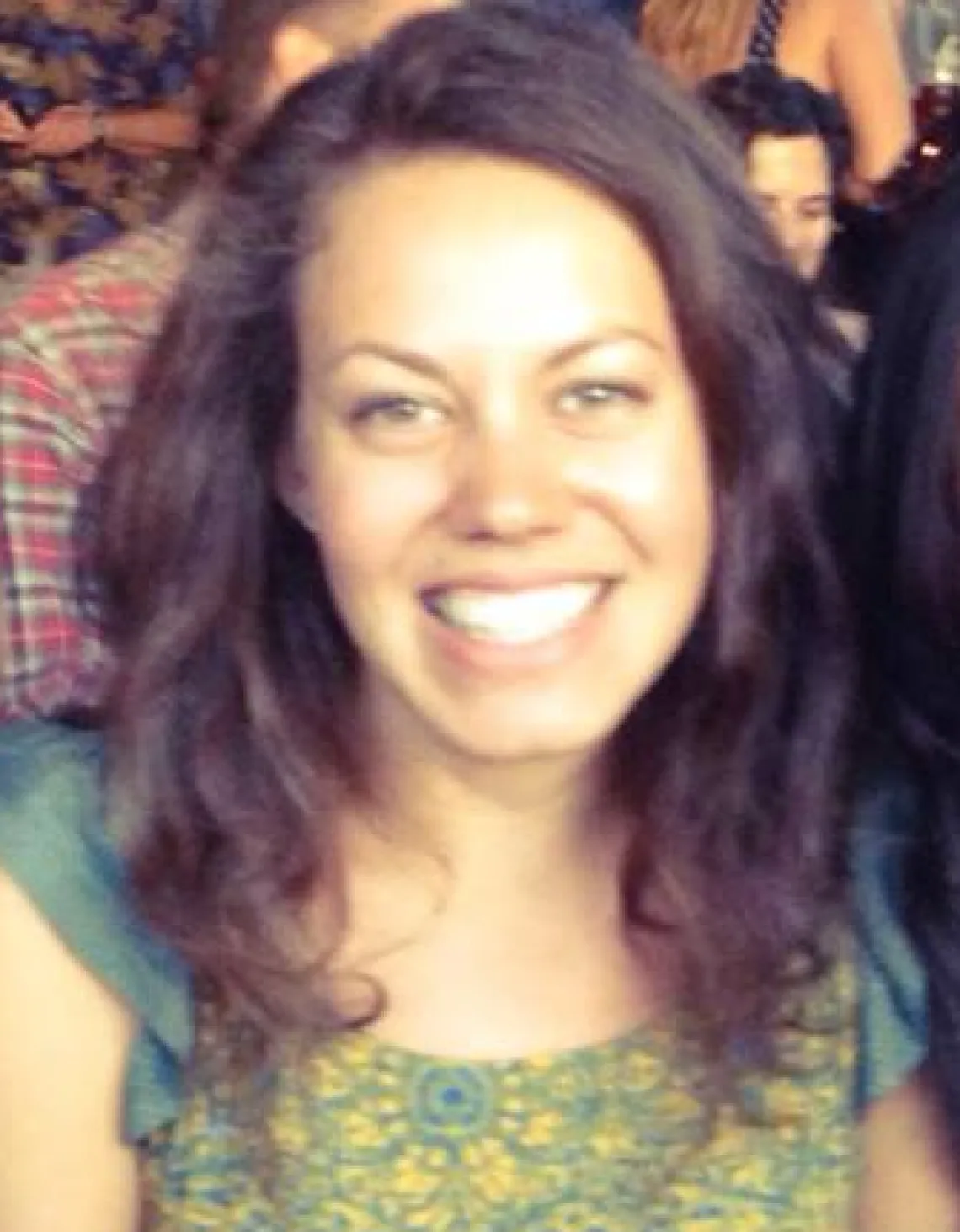Spotlight on Diana Meter - NSF Fellow

My name is Diana Meter and I’m a 4th year PhD student in Family Studies and Human Development at the University of Arizona. I became a National Science Foundation Graduate Research Fellow in 2012.
The research supported by my fellowship aims to create a better understanding of how youth act in positive ways to help their peers who are victimized or bullied. Peer victimization is a term used to describe acts of aggression against peers more generally. In peer groups, some children and adolescents tend to take an active role in preventing or discontinuing bullying by trying to stop it themselves, getting help, or comforting victims. We call this “defending.” Previous research has shown positive effects for victims who receive defending and better school environments when defending occurs. I’m interested in how defending impacts the defenders themselves. Some defenders use prosocial strategies to defend such as assertively telling an aggressor to stop. Others may fight an aggressor to help a victimized peer. It’s important to understand the consequences of different strategies of defending for defenders themselves as well as victims.
Writing my NSF project proposal was intimidating. As a first year graduate student, planning the next three (or more!) years of research seemed daunting. However, the effort was well worth it beyond the obvious benefit of receiving this prestigious fellowship. My proposal became an anchor for myself as I moved through my graduate program. The different research ideas and analyses I proposed were actualized as conference presentations, journal submissions, my thesis, and class projects. Since I had already organized my ideas and justified the importance of this work, it seemed natural to create a body of related, cohesive research throughout my time in school.
The process of organizing all of those ideas into a two page proposal is not easy. Start early and revise many, many times. Keep your drafts with the long version of your proposal when you are just trying to get your ideas on paper—these will come in handy in the future. I’ve referred back to these documents to find citations and examples to use in my writing.
I encourage any eligible graduate students to apply. If you do receive the fellowship, it is a tremendous honor and validation of your hard work and creative ideas, and the income and tuition waiver it provides allows you to dedicate much of your energy to your research. However, even if you are not selected to receive the fellowship, you still benefit. You have a guide to refer to as you navigate through your graduate program, and possibly even some ideas to help you with future grant proposals. If you ever have any questions about applying for an NSF GRF as a social science student, I’m happy to answer them. Feel free to email me!

